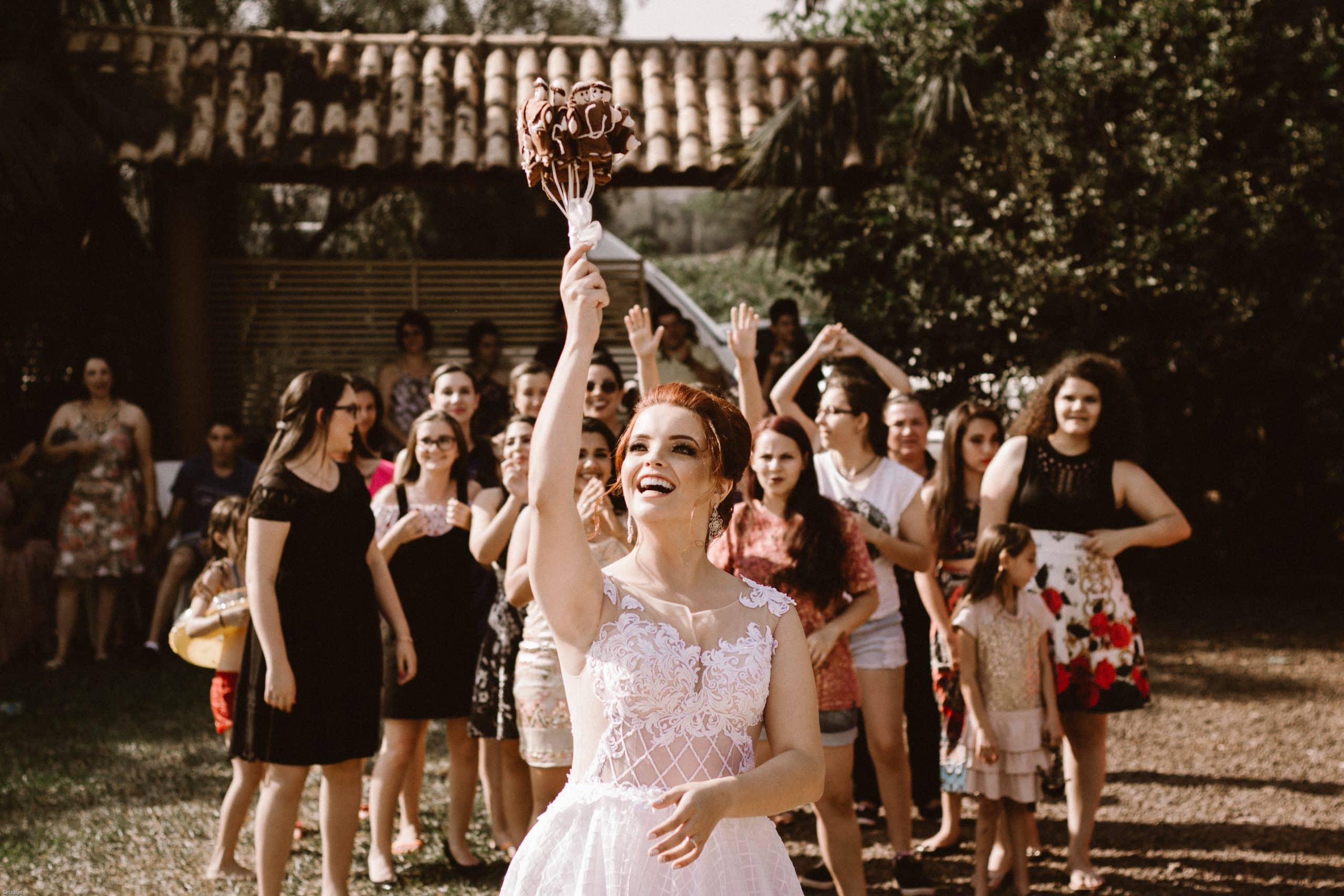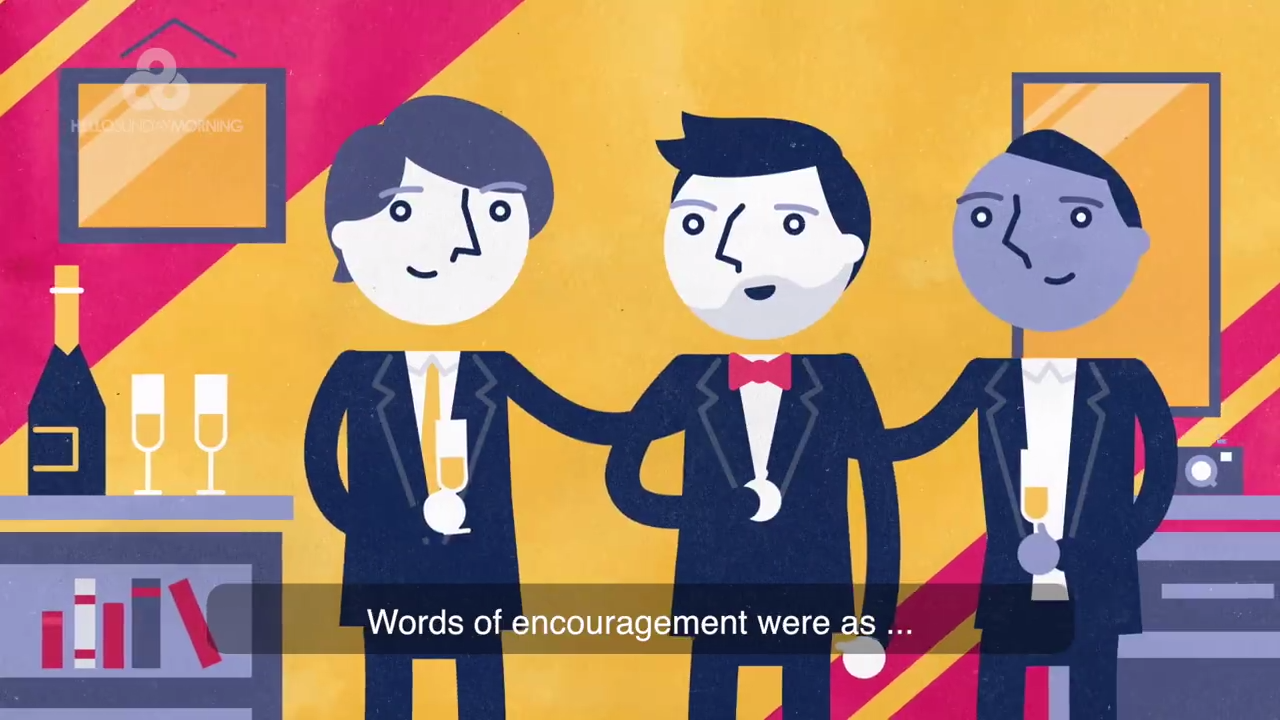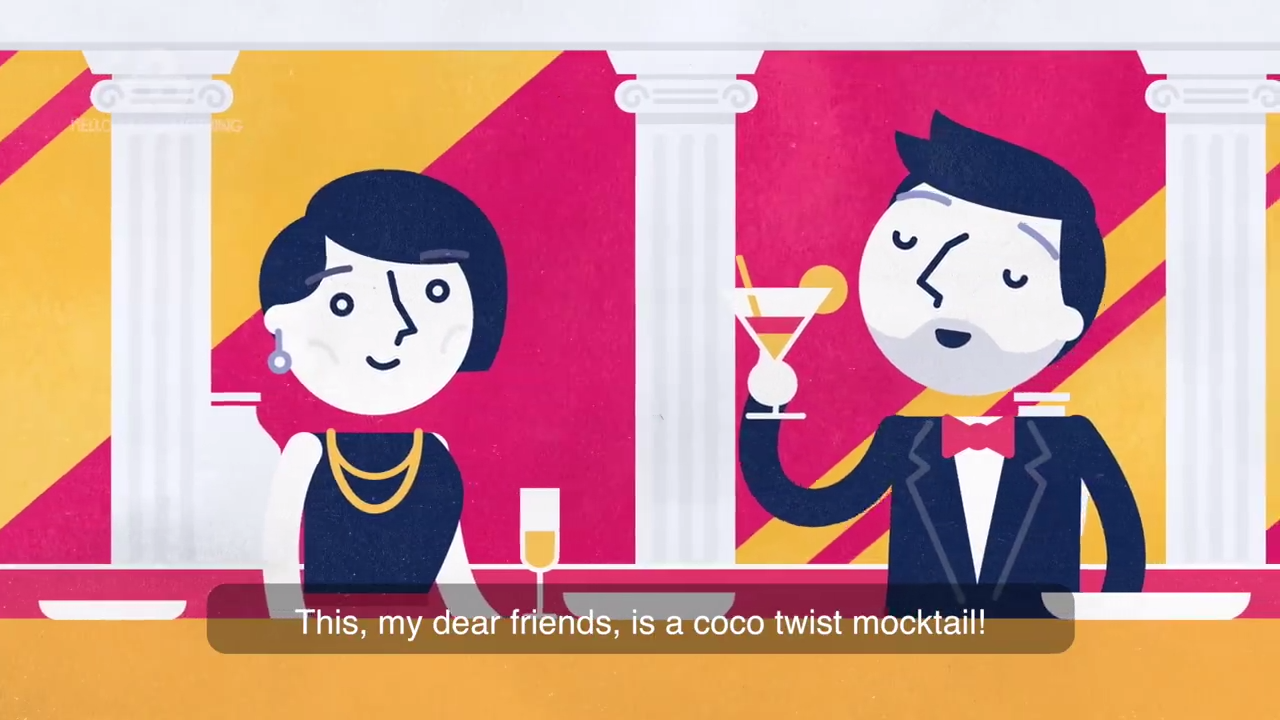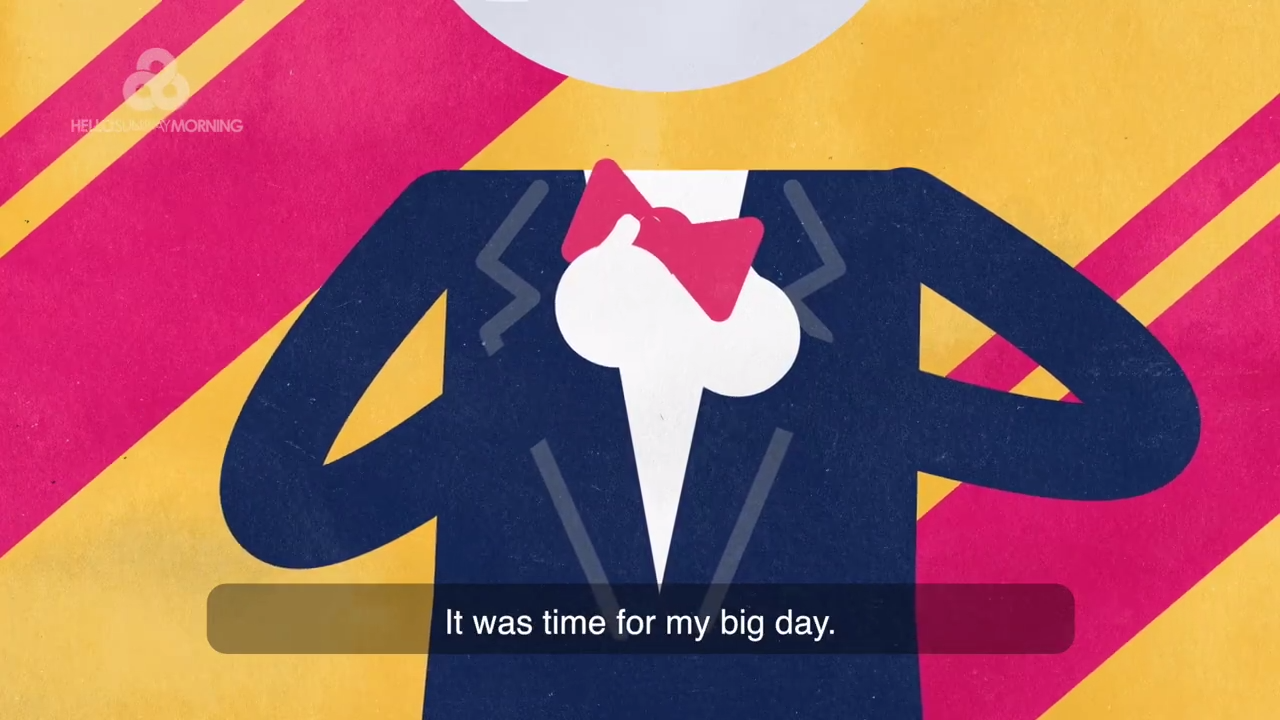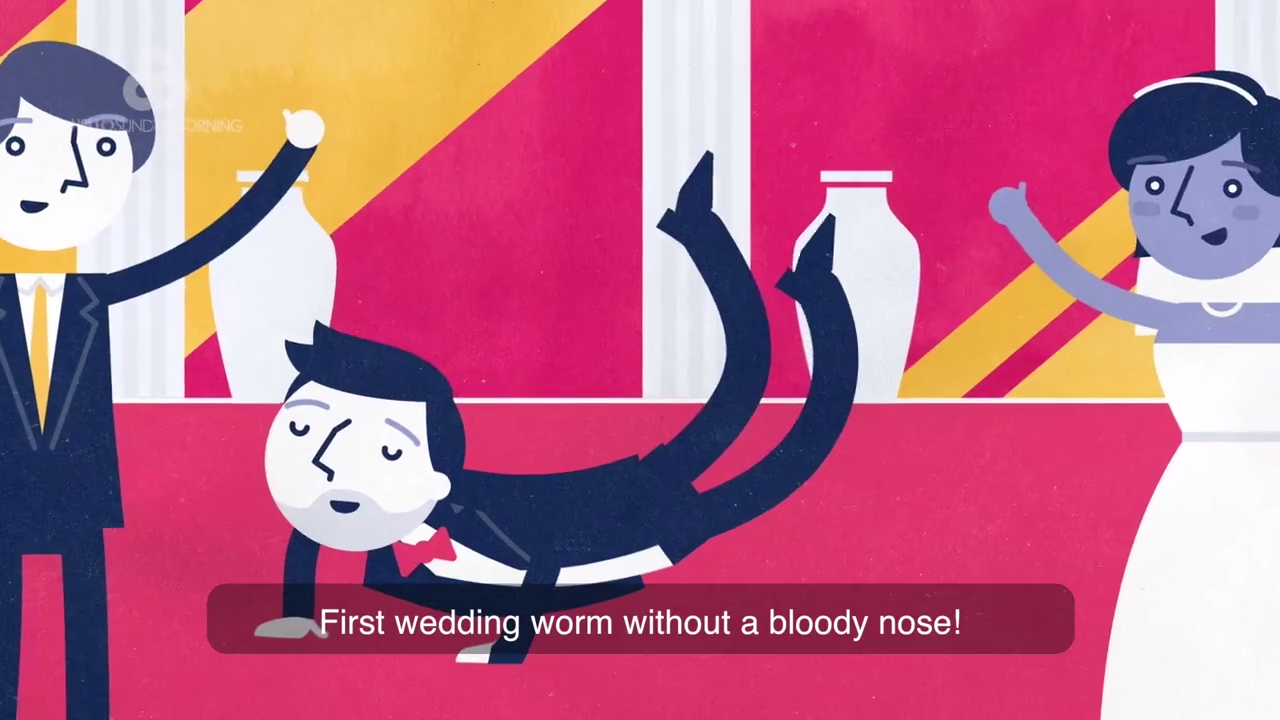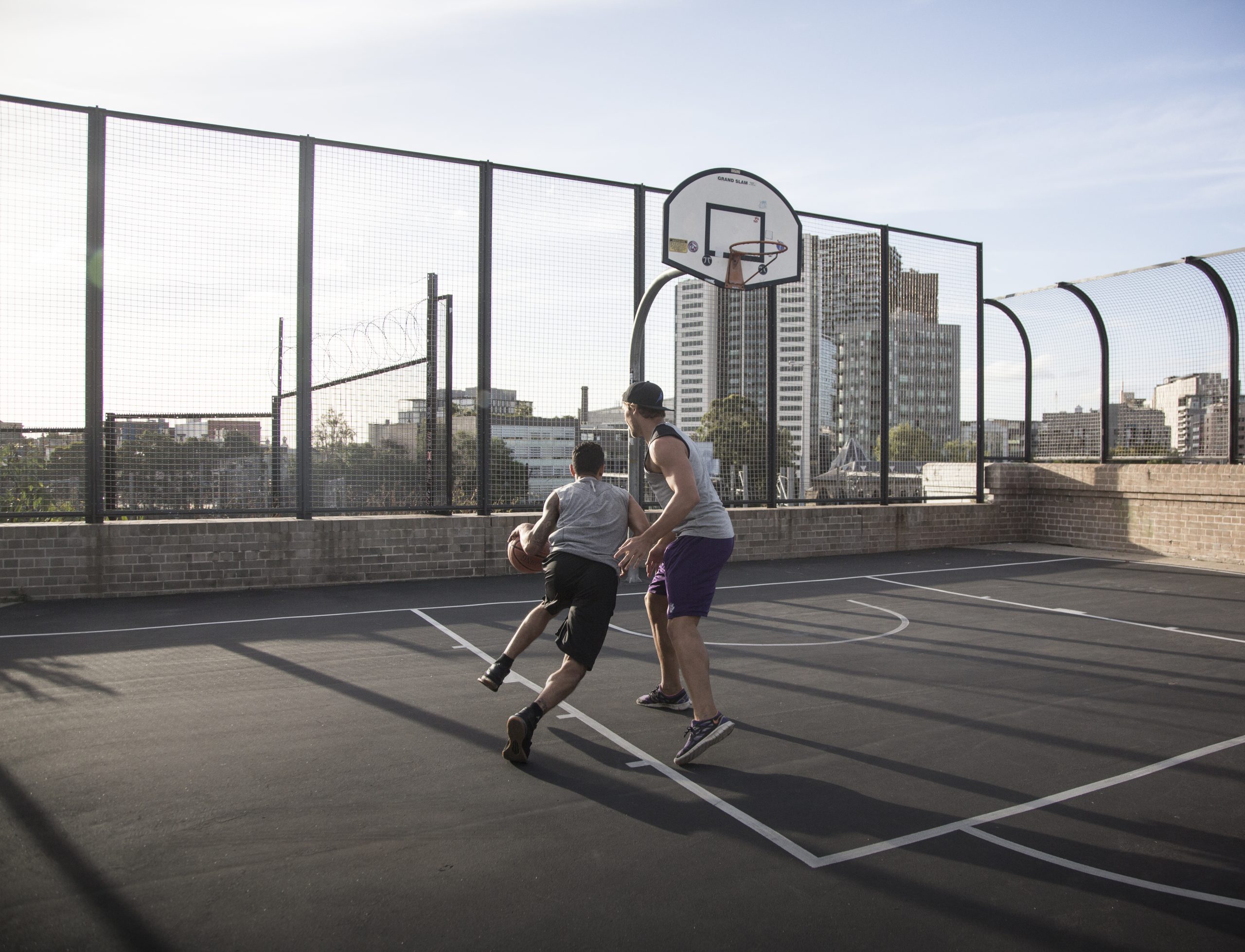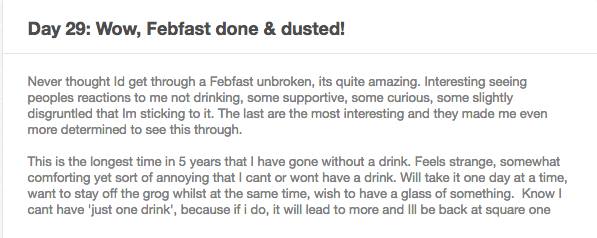When it comes to understanding limits to alcohol intake, there is an assumption that it all boils down to each individual choice. ‘When it doesn’t serve you anymore,’ seems to be the rule of thumb for most things in our society these days. But there are certain things that we want to draw a hard line in the sand. Alcohol consumption is one of them.
So, what does a healthy relationship with alcohol look like? What’s unhealthy? What if we fall somewhere between the two? Hello Sunday Morning supports people in finding a balance that works for them, whatever their life stage is. Before finding your own balance, it is important to understand what defines healthy or unhealthy drinking habits. We will also be looking at the in-between category – also known as the ’gray area’. We will use a wellbeing lens to assess our drinking habits.
Although defining what a healthy relationship with alcohol looks like is fairly consistent universally, there are some individual differences that may impact each individual differently. For example, we know that body mass, genetic make-up, ethnicity, gender, and health conditions can all play a part in how well our body tolerates alcohol.
Each country has their own guidelines. In America, the Dietary Guidelines for Americans (DGA) recommends that for ‘adults of legal drinking age can choose not to drink or to drink in moderation by limiting intakes to 2 drinks or less in a day for men and 1 drink or less in a day for women, on days when alcohol is consumed.’ Furthermore, DGA defined binge drinking is defined as consuming ‘5 or more drinks for the typical adult male or 4 or more drinks for the typical adult female in about 2 hour.’
In Australia, NHMRC – the national medical advisory body has a set of guidelines for a standard drink.
(Download guidelines here)
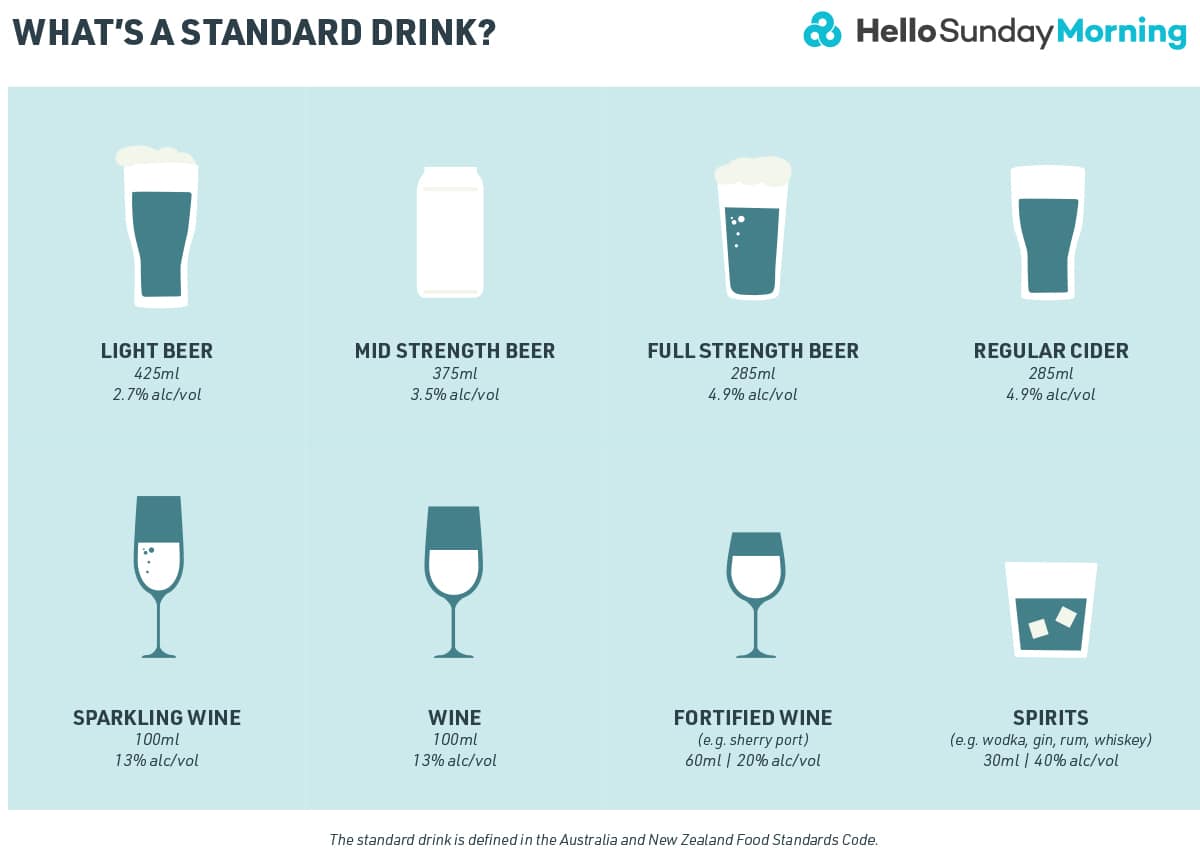
And below are Australia’s NHMRC alcohol consumptions guidelines to reduce harm from drinking alcohol. (Download guidelines here)
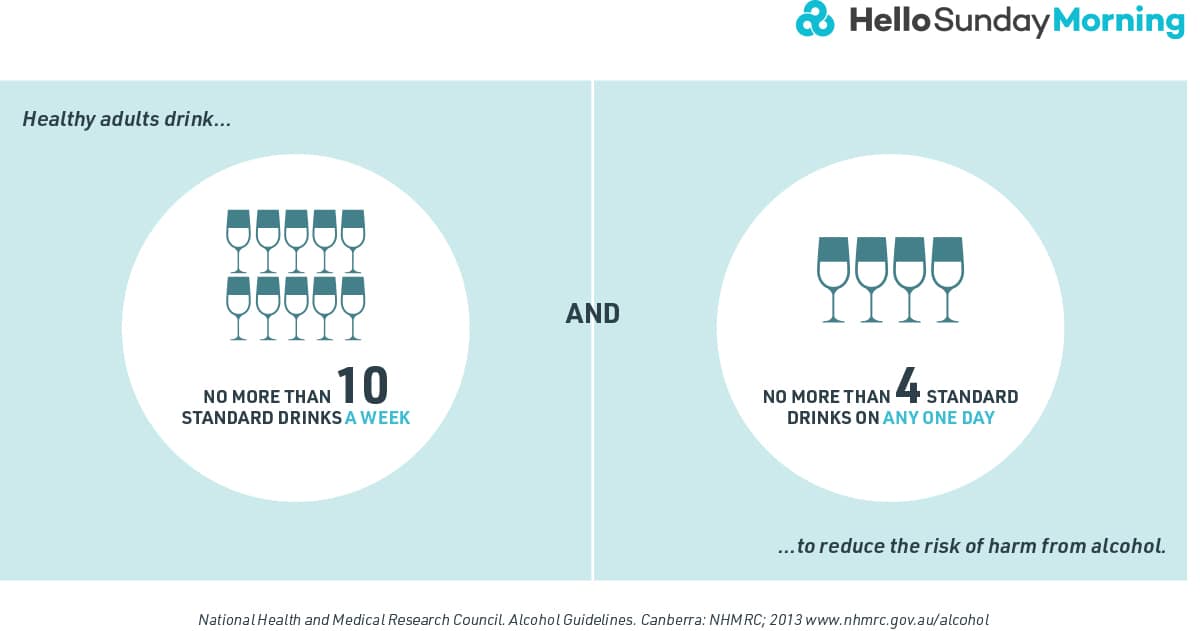
It is not recommended for children and young person under 18 years of age to consumed alcohol. The NHMRC also recommends no alcohol consumption during pregnancy and breast feeding to reduce the risk of harm for both mothers and unborn children.
So, we understand that a healthy relationship with alcohol may still differ from one person to another based on individual differences, when this turns into an unhealthy relationship, that may be much harder to notice. This acknowledgement often requires some honest self-observations. A few questions you could consider asking yourself if you are weighing this up are:
- Does alcohol help me to cope with uncomfortable situations, life events and unpleasant emotions?
- Am I starting to hide my alcohol use?
- Do I often drink on my own?
- Have I prioritised alcohol above my other responsibilities – such as work, study, etc? Am I experiencing guilt over my drinking behaviour?
- Has drinking started to strain my relationships as my behaviour changes under the influence of alcohol?
- Have I taken part in risky behaviour as a result of drinking – such as drink driving or unsafe sex practices?
- Do I find myself needing more alcohol to experience the same effects?
- Do I find it difficult to control my drinking, such as not being able to say ‘no’ even when I want to or know that I should?
- Is getting over a hangover starting to take over my life?
If you believe you have an unhealthy relationship with alcohol, and it’s taking over aspects of your life you may have what is called alcohol use disorder (AUD).
There is a point where people fall into the in-between category of alcohol use. This is what’s commonly known as the Gray Area drinking. In this bracket, people don’t usually drink to oblivion, nor do they have just an occasional drink. It is a stage where people can still function, yet their alcohol intakes are almost in excess.
Before you put yourself in any category, it is essential that you undertake an assessment and seek advice from your health professional.
Well-being indicator
Another health indicator of our relationship with alcohol is by measuring it through the lens of our overall well–being. Designed using insights from Australians challenged first hand with managing their drinking habits, Hello Sunday Morning has created the Alcohol and Wellbeing Self-assessment. It is a five–minute confidential online self–assessment where you can check your drinking habits and receive support and real-time personalised feedback. You can do this self-assessment via the link below.
Do the self-assessment
In summary
There are certain rules and guidelines to a healthy relationship with alcohol. They are designed to help reduce or minimise harm. Guidelines can be useful, and at Hello Sunday Morning we recommend that you consult with a health professional to better understand your relationship with alcohol. As alcohol is classified as a drug, the safest standard drink is zero. However, at Hello Sunday Morning, we know that everyone is on their personal journey and may need support to find a balance that works for them. We are here to help you.
Warning: For some people, to stop drinking alcohol completely can be dangerous and life-threatening. Seek advice from your own doctor and health professionals before attempting to quit or reduce drinking alcohol.
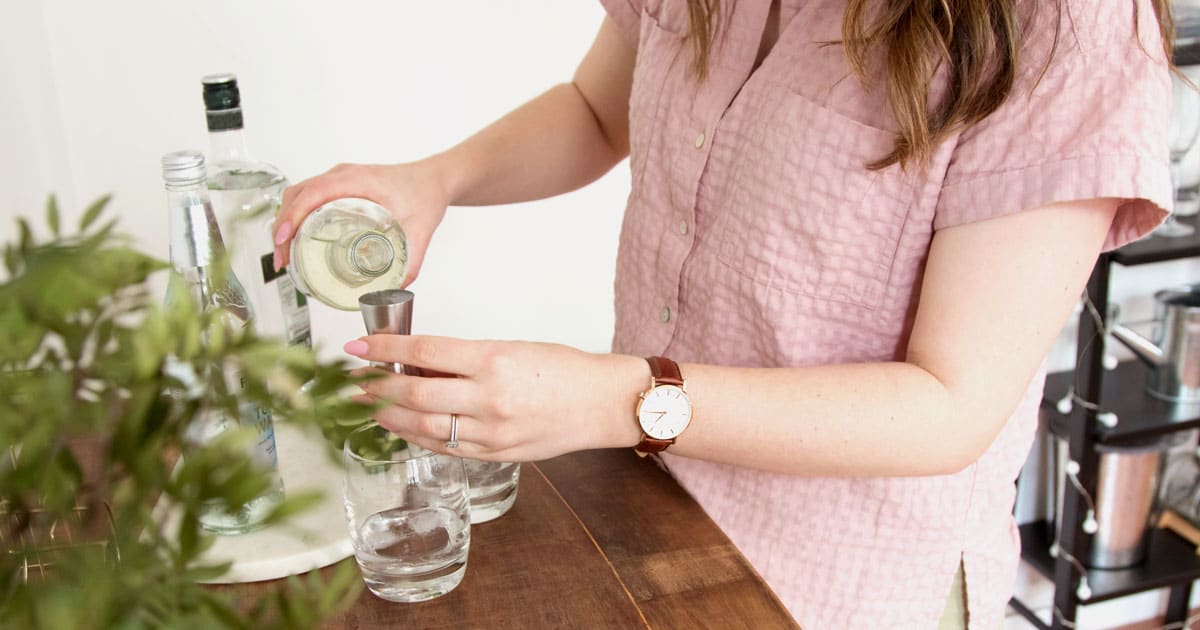

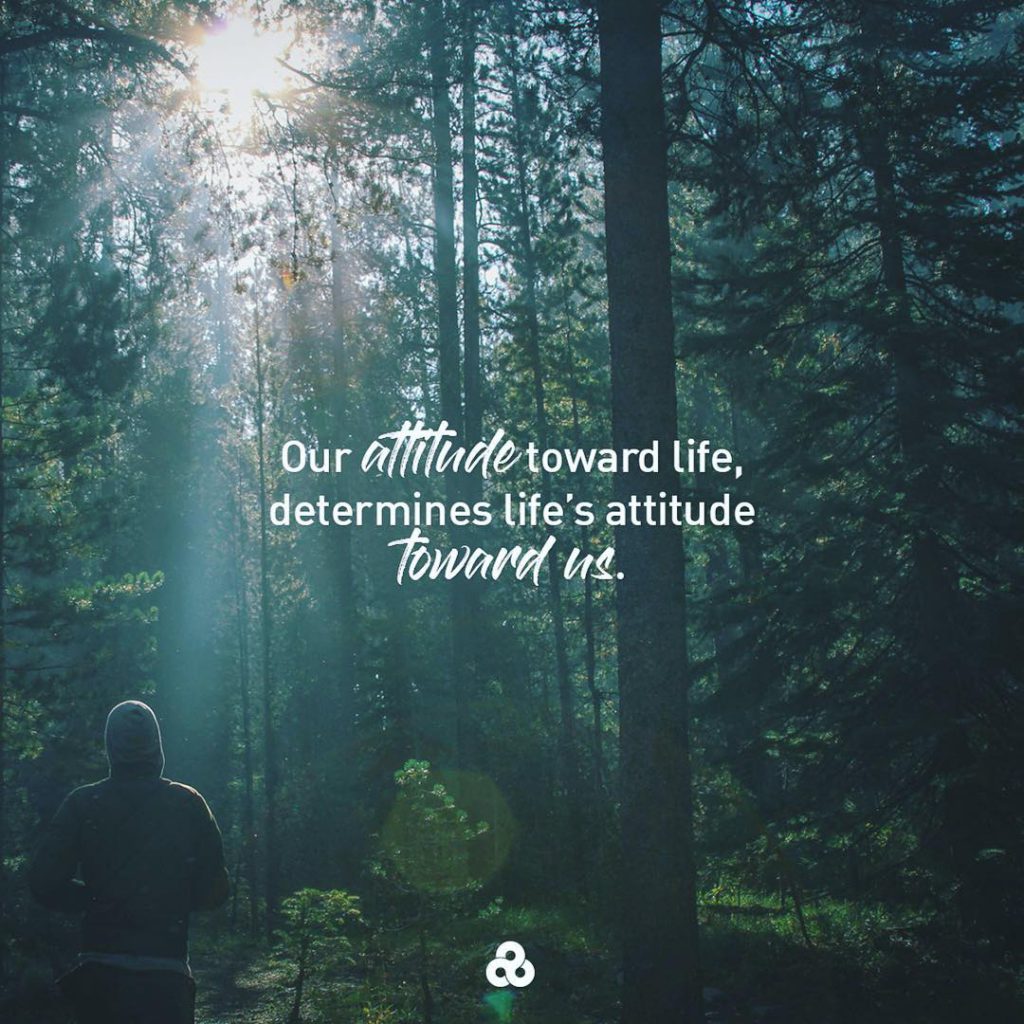



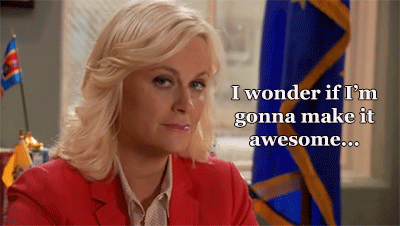

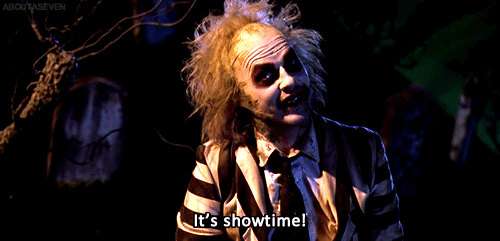


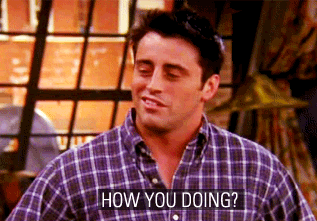

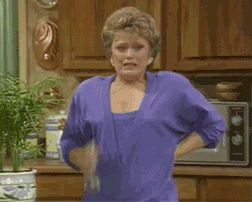







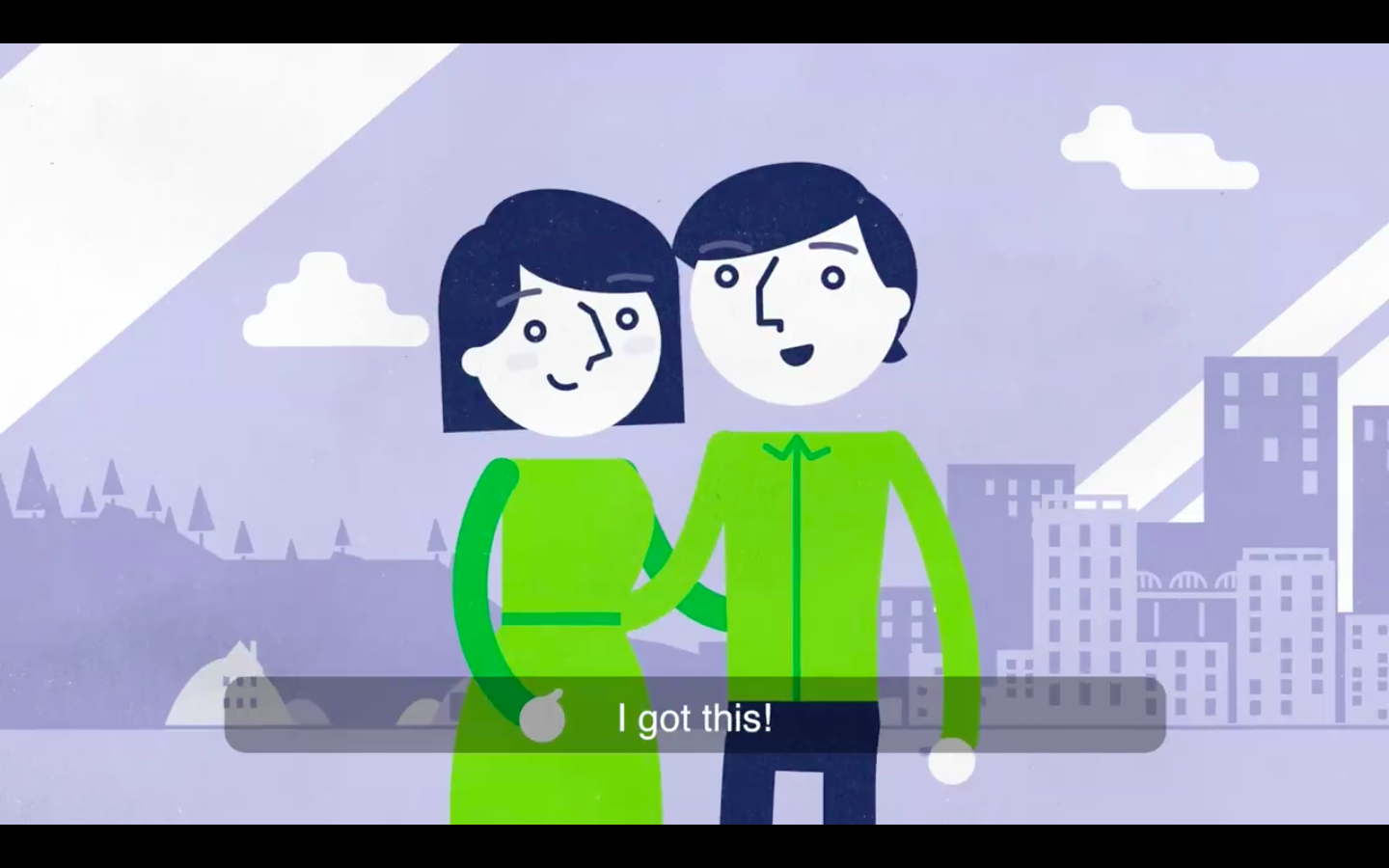 Let’s be honest: appearances do count.
Let’s be honest: appearances do count.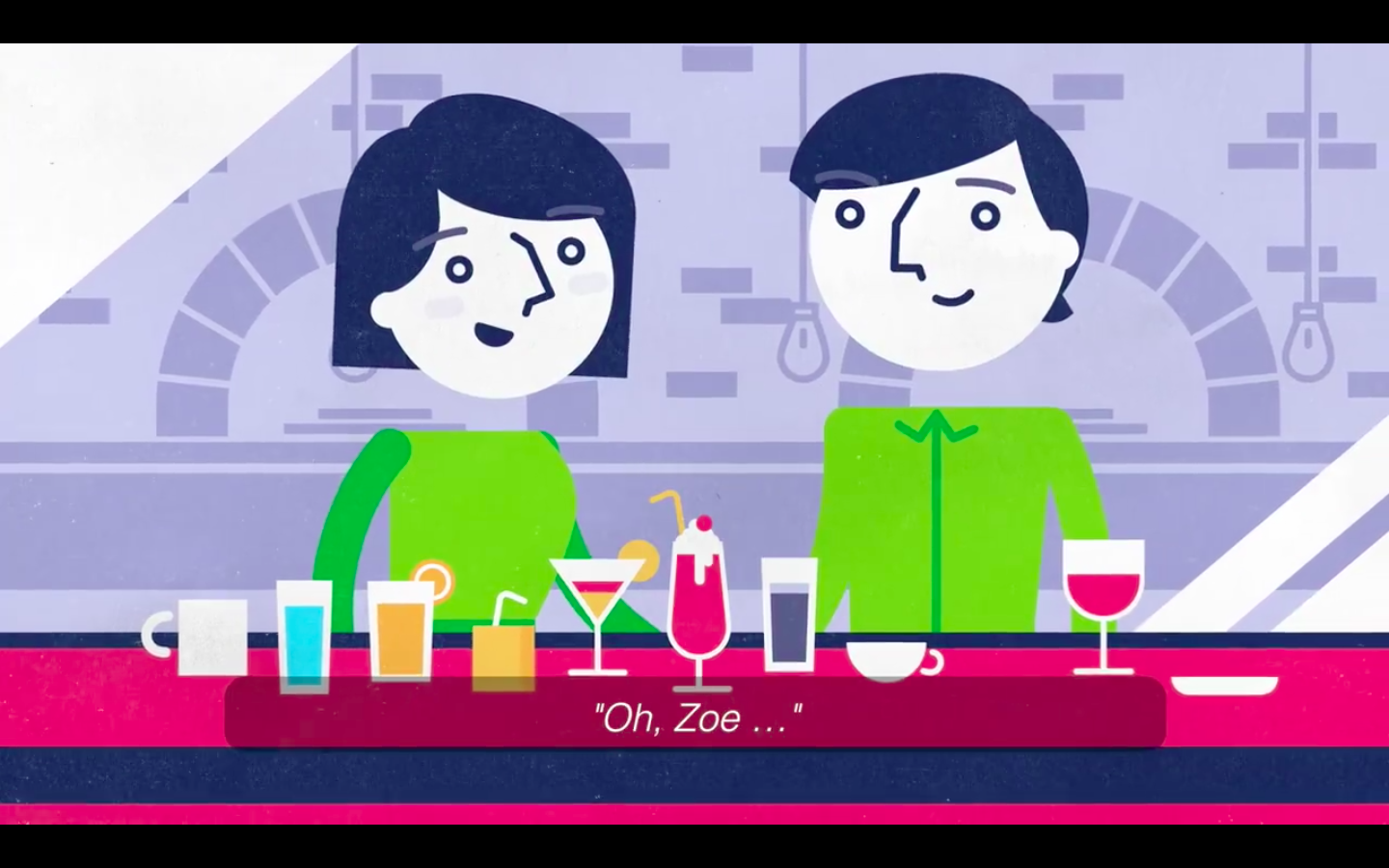 Plan your drinking ahead of time.
Plan your drinking ahead of time.